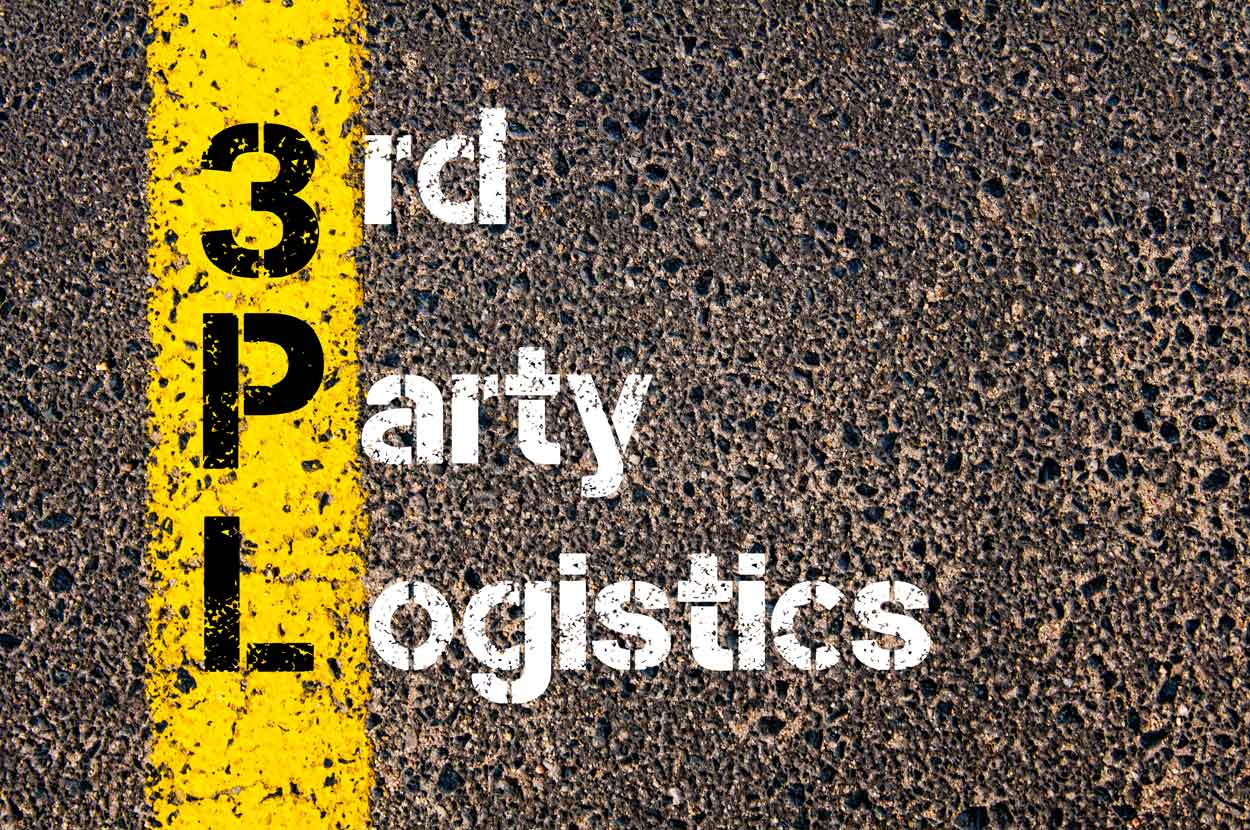It is virtually impossible to write an article about the third-party logistics industry today without mentioning Brexit or Covid.
You don’t need us to tell you how hectic the last few years have been for businesses in the UK. Every industry is facing challenges, so it’s hardly surprising that the 3PL sector is experiencing its fair share.
We’re going to look at five in particular that appear to be commonplace throughout the industry.
Reporting and analytics
Everyone loves data. In that, the world runs on the stuff. Customers are more demanding, wanting to know where their consignments are at all times. That means the third-party logistics sector needs robust reporting and analytics tools.
Metrics such as delivery times are important to customers. Understanding the journey of consignments will help you understand where potential issues are (such as bottlenecks), so you can use the data to improve overall business performance.
Growing customer expectations
Consumers are getting used to the new world we live in where they can order goods and have them delivered the next day (sometimes the same day). That means the 3PL industry is under increasing pressure to make sure that happens.
The recent changes with Brexit and the e-commerce VAT rules are keeping couriers on their toes. Increased paperwork and security checks can cause delays, so it’s vital they keep their customers up to date with the latest news and requirements.
Regulations
Those changing Brexit rules and regulations we just mentioned are probably the biggest headache facing couriers and logistics companies at the moment.
As the dust begins to settle after the (far from amicable) divorce, new rules and regulations are being imposed that impact imports and exports between the UK and Europe. Therefore, it’s essential logistics companies have the technology they need to cope with these changing demands.
Supply chain management
3PL is all about getting the right product in the right place at the right time. That’s why a well-functioning supply chain is essential for the 3PL industry. Effective collaboration between customers, vendors, and shippers is a must to create transparency throughout the chain.
Without it, the supply chain becomes complicated, causing mistakes made and impacting its smooth running.
Productivity
Efficiency is the key to productivity. The post-Brexit changing landscape is throwing all sorts of hurdles at courier and logistics firms. Just when they think they’ve got a grip of the situation, something else changes.
That’s why constant training is required to make sure all staff are updated with the latest rules and regulations. Of course, it’s not only people you have to think about but also technology. To maintain streamlined processes, your systems must cope with the new demands to maintain your productivity.
The final word about third-party logistics
When you think about everything a 3PL does – transportation, warehousing, picking and packing, inventory forecasting, order fulfilment, packaging, freight forwarding etc., – it’s little wonder there are a few headaches to deal with.
But overcoming these means, clients get to scale their businesses up and down when needed, mitigate risk, save money, get to expand into new markets and have the ability to offer their customers a better service.
Although they may be headaches, none of the above are unsurpassable. 3PL is a sector that’s experienced more than its fair share of upheaval recently, but it’s one that’s come through it stronger and more resilient.
Smart Directions provides bespoke logistics services for companies of all sizes. Give the team a call on 01442 507 240 to have a chat about third-party logistics and how we can help you.

